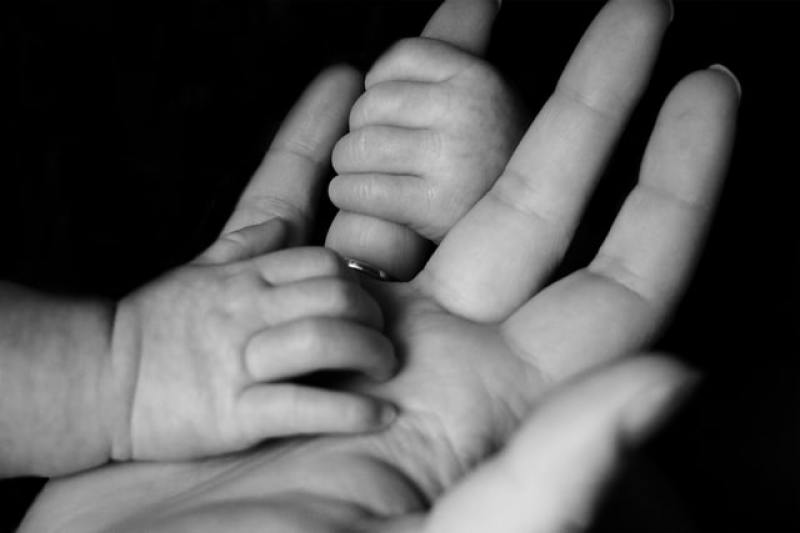
Poland implemented on Thursday, Jan. 28, its ban all abortions in the country, a day after announcing the effectivity of its October 2020 decision to do so.
The Cut reported that the Poland Constitutional Tribunal decided last October to have a total ban on abortion but was delayed due to an announcement come November for its indefinite implementation after a spur of protests from pro-choice or pro-abortion groups hit their streets. The government suddenly announced just last Jan. 27 that it will be implemented the next day.
Being a Catholic country, Poland is said to have the strictest laws against abortion in Europe. It, nevertheless, previously allows abortion for cases of incest, rape, fetal abnormalities, and threats to a mother's life, The Cut said.
The Deutsche Welle added that the total ban now disallows abortion due to fetal abnormalities, referred to as "eugenic abortions," that actually refer to babies aborted due to Down Syndrome. The conservative Law and Justice Party have been accused of exerting influence on the court for he said law to come into effect. However, the party denied such allegations.
As per Deutsche Welle, Poland registers less than 2,000 legal abortions annually and mostly these are done on fetal malformation. While 200,000 illegal abortions are done annually at home or abroad.
On the other hand, The Cut cited the Guttmacher Institute of reporting more than 30,000 women die from unsafe abortions, which women reproductive rights activists say will rise due to the total ban on abortion now in effect in Poland.
Deutsche Welle cited in its report last December that Poland's total abortion ban was welcomed by pro-life activists even in Croatia such as Zeljka Markic who said it is a "recognition of the scientific realization that life begins with conception" that made Poland a "beacon" on children and human rights for all other European member states.
"For me, it is a decision by women and men. Every child has a father and a mother. And the men should be allowed to play a part in the decision." She does not believe the surveys showing that a majority of Croats are against an abortion ban and believes that every person is obliged to protect human life "from conception to death," Markic told Deutsche Welle in an interview.
Still, thousands of Poland's pro-abortion groups have been protesting against the total ban since it was first decided on in October. On Dec.13, the Nationwide Women's Strike group led the hundreds to protest in Warsaw.
"Governing party PiS is conducting a war with the entire world: with the youth, with teachers, doctors, entrepreneurs, public sector employees, with Europe. Without introducing a state of emergency, they have in fact introduced martial law," Deutsche Welle quoted organizers who posted in social media.
The Cut said October's protests amounted to 430,000 people in attendance of 400 demonstrations, the largest recorded since the collapse of communism in the country in 1989.
Now that it has become into full swing, the pro-abortion activities have been holding protests for three straight nights that has led to the use of tear gas and arrests by local police as demonstrators called for the resignation of the government.



























